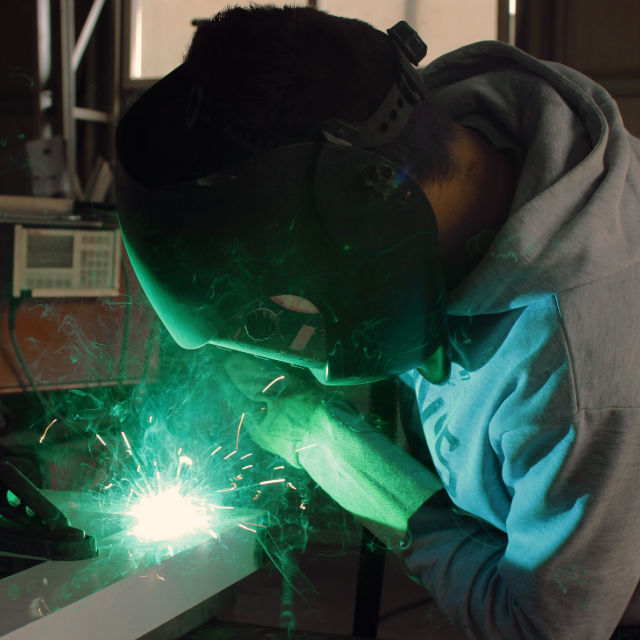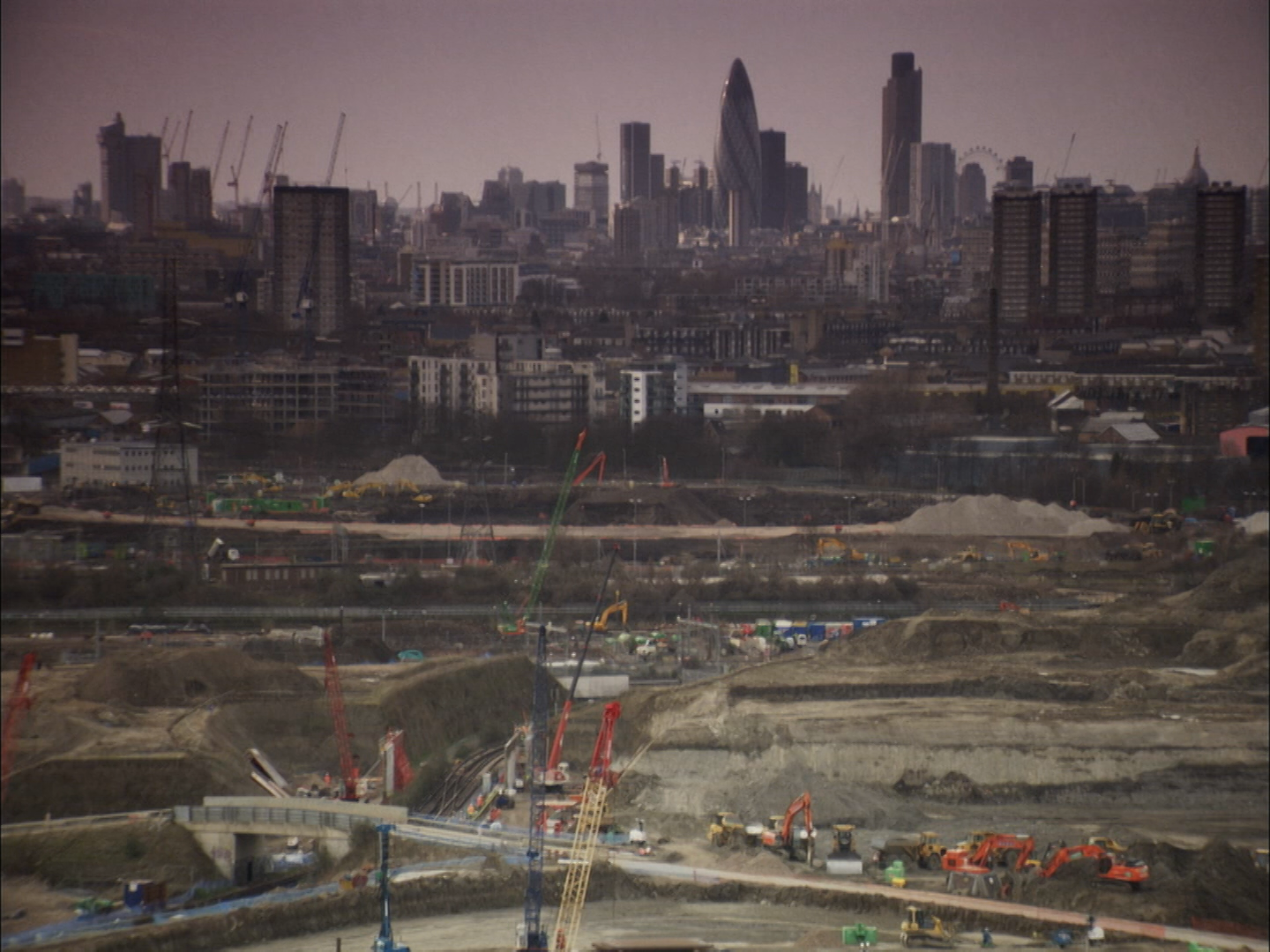National economies have grown substantially since the Industrial Revolution of the 19th century, yet people have not necessarily seen an increase in opportunities to find decent work or earn a decent income. In fact, in some places, the increased productivity and rising profits associated with automation have directly impacted the availability of decent jobs. According to the International Labour Organization, more than 204 million people were unemployed in 2015, and more than 600 million new jobs are needed by 2030 just to keep pace with the growth of the working-age population. We also need to improve working conditions for the 780 million women and men who are employed but not earning enough to lift themselves and their families out of poverty. In addressing these core issues we will not only see increasing decent work opportunities but also more robust, inclusive and poverty-reducing growth.
This course explores the past and future of work in the context of the SDGs, particularly SDG 8: Decent Work and Economic Growth. It examines the state of income and employment around the world, barriers to employment, policies to promote economic opportunity, and the future of work in our rapidly changing world. Encouraging entrepreneurship and job creation are key to achieving the SDGs, as are effective measures to eradicate forced labor, slavery, and human trafficking. With these targets in mind, the world can achieve full and productive employment and decent work for all women and men by 2030.
This seven-module massive open online course (MOOC) provides an in-depth look at the issues of inclusive and sustainable economic growth, full and productive employment, and decent work for all. The topics covered include structural shifts in economies and work; informality, gender, and child labor; the modern welfare state; the future of work; and more. The course concludes with a special module by the ILO on realizing decent work for all and achieving SDG 8.
You will learn about:
- The link between employment, work, income and wealth
- Global perspectives on changes to formal employment
- The challenges of child labor, gender disparity and informal employment
- Modern welfare state and novel policy instruments
- Structural and institutional models for the future of work
- Artificial Intelligence and the future of work
- What it takes to achieve SDG 8 and realize decent work for all, featured in a special module by the ILO









